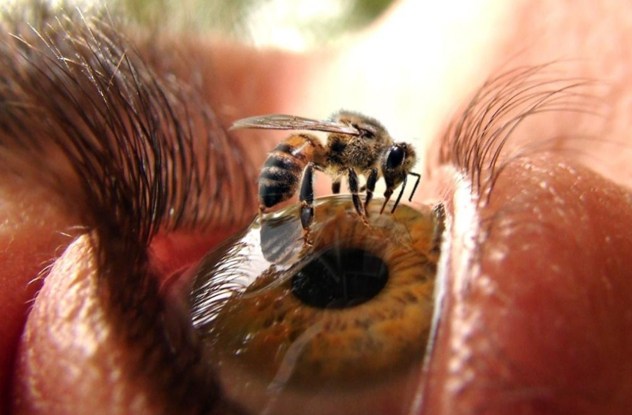8 Psychological Disorders that You Thought Nag-iinarte Lang
Oct 24, 2017 • Eldrin Veloso

Oct 24, 2017 • Eldrin Veloso
The mind is a beautiful thing, but its complexity is beyond comprehension. It is a labyrinth, a maze, that it has even the best psychologists and neuroscientists running around circles in trying to unravel its mystery.
Which is why us ordinary mortals must extend a lot more understanding to those afflicted by mental illnesses.
To help us understand more of these illnesses, here are some rare psychological disorders that you may have previously discounted as nag-iinarte lang.
or the “maniwala ka sa kin, bes” syndrome
Mythomania is the psychological disorder that exhibits pathological lying. Sometimes, mythomaniacs do not know that they are lying, and they themselves believe the lies they fabricated.
While diagnosing it is controversial and hard, mythomania can be treated with constant therapy.
or the “impostor ka, bes” syndrome
If a friend or relative suddenly called you an impostor, don’t immediately slap him/her. People with Capgras delusion suffer from a condition where they think their acquaintances have been replaced with impostors. Named after Joseph Capgras, the French psychiatrist who first described it, this delusion can be a manifestation of schizophrenia or bipolar disorder.
What you can do for a person suffering this is to enter their reality and gain a better understanding of their situation. Never argue about their version of the truth as it can aggravate the distortion of their reality. Since this is a rare and hardly understood condition, it is best to consult with a specialist for a better treatment.
or the “sino ka?” syndrome
Speaking of not recognizing people, don’t be offended when your friend suddenly seems to have not recognized you. They might be suffering from prosopagnosia, or face blindness. They know you and they can identify your facial features, but the region in their brain responsible for retaining memory of these features (fusiform gyrus) is damaged. Therefore, they can’t associate the facial features with a certain memory of identification; it’s like always seeing the person for the first time.
Although there are some serious attempts in curing face blindness, no therapies have demonstrated lasting improvements on prosopagnosics. They instead use other tools or features to recognize people, like dresses or verbal cues.
or the “type ako ni crush, bes” syndrome
Are you fed up with your friend’s illusion that his or her ultimate crush is making the moves on him or her? Don’t unfriend them yet; they might be erotomaniacs. Erotomania is the disorder where sufferers believe that another person is in love with them. This belief is usually applied to someone with higher status or a famous person, but can also be applied to a complete stranger. A famous case of this is of a woman who had stood outside Buckingham Palace for hours at a time, believing that then King George V was communicating his desire for her by moving the curtains.
This delusion is often a symptom of schizophrenia or other psychotic disorder. The disorder manifests in efforts of the affected person to return the perceived affection, e.g. stalking, writing letters, or even extreme harassing behaviors. And if their advances are dismissed, it can only fuel their belief that the object of affection is just trying to hide their forbidden love from the public.
Case reports have suggested that social media could exacerbate or even trigger delusional beliefs linked to erotomania. The medical and therapeutic treatment for this disorder should be tailored to the affected person.
Pages: 1 2

Input your search keywords and press Enter.
